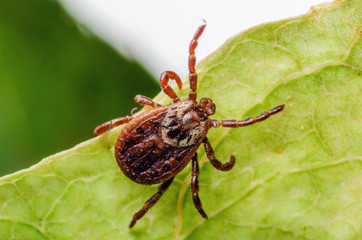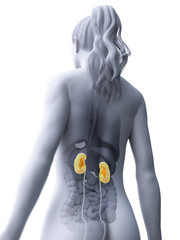"
Chickenpox was once one of the most common diseases to affect children and presents as a rash across the body. It is highly contagious until you have contracted the virus and affects most people by adulthood if they were not previously vaccinated as children. It can spread quickly among groups, such as children at school or daycare. If you work in childcare or spend a lot of time around children, you should learn the symptoms of the virus in case of exposure.
Symptoms of the Chickenpox
Chickenpox spreads through direct contact with either the rash itself or fluids left behind by a person who is currently contagious through body contact or by touching an item that has been infected. Items including stuffed and plastic toys, books and clothes can carry the virus. Symptoms can take up to three weeks to appear, and the patient will be contagious for up to 10 days after they begin. The primary symptom of the chickenpox is a rash across the body, with pink and red bumps. The bumps will fill with fluid and increase in size as the virus spreads and progresses before bursting. After the blisters break and scab, the patient will no longer be contagious. The scabs will take a few days to heal and dissipate. In addition to the rash, the patient may also exhibit exhaustion, headaches, fever and decreased appetite.
Who Can Get the Chickenpox?
The chickenpox can affect any person, no matter what age they are. Adults who have not had the virus or varicella vaccination and spend a considerable amount of time with children are most at-risk for contracting the virus. After symptoms have subsided, you will be immune to the virus, though you may be prone to contracting shingles as an adult. A shingles vaccination is available for anyone over the age of 60 to prevent symptoms from occurring.
Potential Complications
Most cases of the chickenpox will pass but complications are possible. Pregnant women or people on immune-suppressing medications such as cancer and HIV patients, as well as very young children, are the most at risk for developing complications. These can include infections, pneumonia, and dehydration. If your child develops chickenpox, it is critical to NOT give them aspirin to dull any pain. Aspirin can lead to the development of Reye’s syndrome in children under the age of 18, which can be life-threatening. If you did not contract the disease as a child, your doctor may recommend two doses of the varicella vaccination within four weeks to provide immunization.
If you are interested in getting vaccinated for the chicken pox, please visit your local AFC Urgent Care Center to learn the symptoms of the virus.
"


